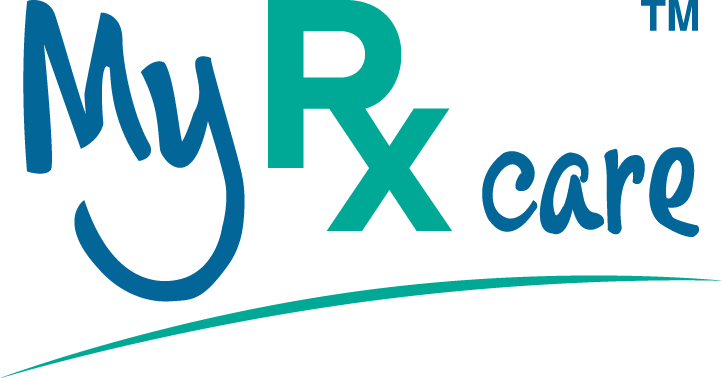Drug compliance and adherence refer to the extent to which a patient takes their medication as prescribed by their healthcare provider. This includes taking the correct dose at the right time, and for the full duration of the treatment. Adherence is critical for the effectiveness of medication and for the overall health and well-being of the patient.
When a patient doesn't take their medication as prescribed, it can lead to poor health outcomes, including an increased risk of hospitalization and even death. This is especially true for patients with chronic conditions, such as diabetes, heart disease, and asthma, who require ongoing treatment to manage their symptoms.
There are several factors that can contribute to poor drug compliance and adherence. Some patients may forget to take their medication or may find it difficult to remember when to take it. Others may experience side effects that make it difficult to continue taking the medication. Financial constraints can also play a role, as some patients may not be able to afford the cost of their medication.
To improve drug compliance and adherence, healthcare providers can take several steps. One approach is to provide patients with clear and concise instructions on how to take their medication, including the correct dosage and frequency. Providers can also work with patients to address any concerns or issues they may have with the medication, such as side effects.
Another approach is to use technology, such as medication reminders, to help patients stay on track with their medication regimen.
MyRx Care™ works with clients to improve compliance in three ways:
-
- MyRx Care™ Patient Care Portal
- MyRx Care™ Patient App
- Helping patient find affordable options for their medications through our patient financial assistance programs.
Drug compliance and adherence are critical for the effectiveness of medication and for the overall health and well-being of patients. Healthcare providers can take several steps to improve adherence, including providing clear instructions, addressing concerns and issues, using technology, and helping patients find affordable options. By working together, patients and healthcare providers can ensure that medication is taken as prescribed, leading to better health outcomes.

